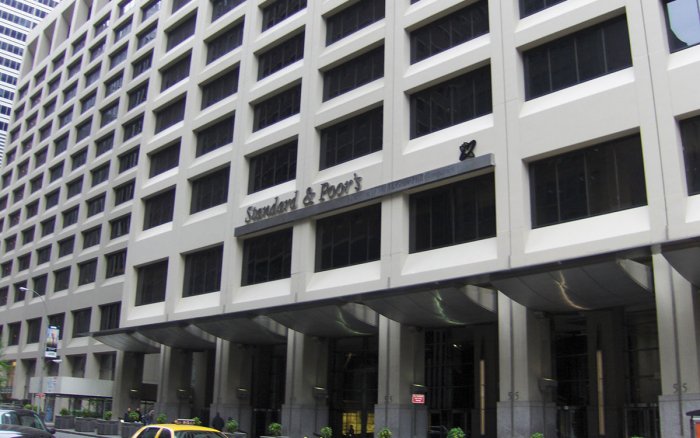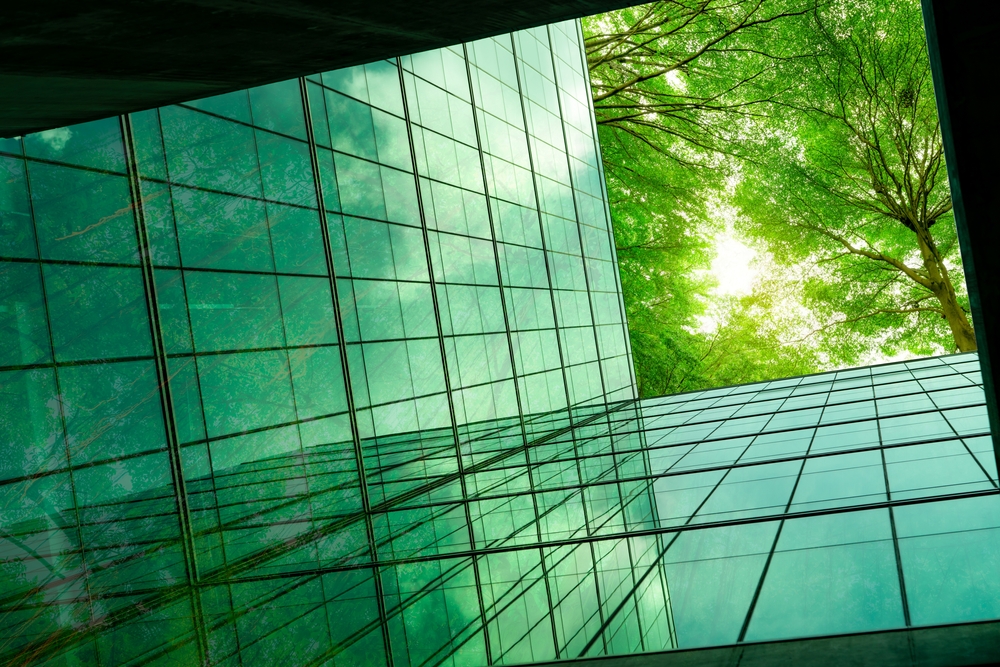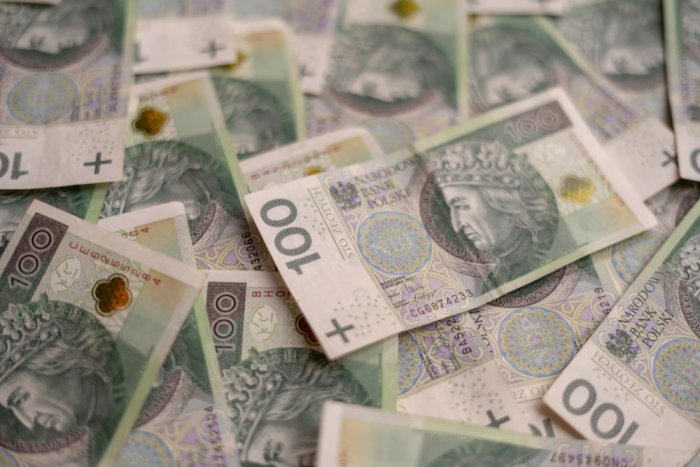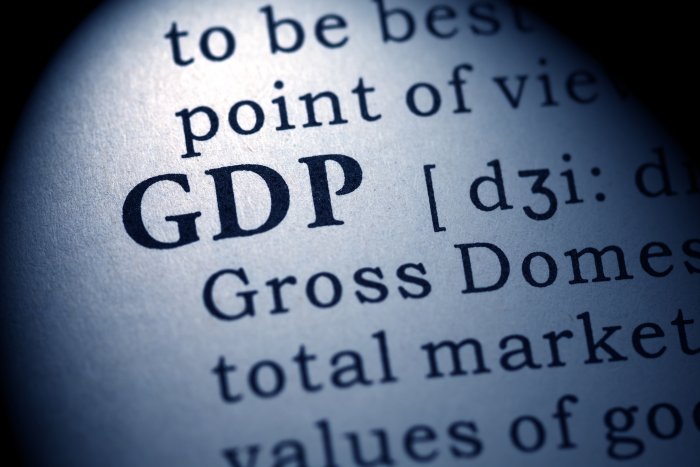Shellenberger: Time to Rehabilitate Nuclear Power

Photo by Lounge Communication
Pro-nuclear activist Michael Shellenberger, founder of the California-based global citizens movement Environmental Progress, writer for Forbes and a defeated candidate for governor of California this year, talks exclusively to the Budapest Business Journal about why Europe would benefit from focusing on nuclear energy, not renewables and how Hungary can become more energy-independent.
BBJ: The European Parliament has just agreed new targets for 2030: a binding renewable energy target of at least 32% and an energy efficiency target of at least 32.5%. Do you think that the EU is on pace to reach these?
Michael Shellenberger: Well, no. But I also don’t think they are the right targets. The targets should be clean energy, not renewables. The European Union has a strong anti-nuclear bias. So the focus should be on scaling up the most low-cost and reliable zero-emission energy you have, and that’s nuclear. There has been too much of a focus on renewables in general and we are starting to see them going into crisis. The Netherland’s government just came out and said that they would be expanding nuclear and not renewables.
BBJ: Why is that? Europe is quite diverse: there are pro- as well as anti-nuclear countries.
MS: I think the tide is starting to turn. Germany abandoned its climate targets because of its phase out of nuclear and now the protests of the Hambach forest [there are plans to clear the ancient forest to make way for a surface mine] show that the pursuit of renewables is not going to result in the EU’s climate targets.
BBJ: How, then, could we achieve clean, affordable and safe energy systems?
MS: Through nuclear. Solar and wind energy end up locking in fossil fuels. Their unreliability means that you always have to have fossil fuel power plants idling at any given time. Look at France and Germany, the two biggest economies in Europe. France has 92% of its electricity from zero emission sources – Germany has 46%. And yet France pays half as much for electricity as Germany because it depends heavily on nuclear and Germany is phasing it out. Germany saw its electricity prices rise 50% over the last 15 years. France’s prices has stayed stable. So introducing huge amounts of solar and wind onto the grid makes electricity expensive; we see it all over the world. The reason has to do with trying to manage all of that unreliability.
BBJ: Maintaining old nuclear plants or building new ones is also expensive. This is why so many people in Hungary are opposing to the construction of the expanded nuclear power plant. Meanwhile the cost of electricity generated from renewables has decreased.
MS: The cost of solar panels and wind turbines has gone down, but the cost of electricity in places with a lot of solar and wind has gone up. California has seen our electricity rates increase five times more than the rest of the United States during the time when solar panels has become cheaper, because they have to manage unreliability.
BBJ: Building new nuclear plants is still expensive.
MS: It’s not. You have to put up money upfront, but that is different. Nuclear plants last for 60-80 years, so you amortize them over a long period of time. Do you know how long a solar panel lasts? Twenty to twenty-five years. Wind turbines, same thing. What nuclear does is it provides reliable electricity. There is no way that Hungary could generate a significant portion of its electricity from solar or wind. You don’t have very good [hours of] sunlight and wind here and you would still have to back it up with tons of natural gas and that’s what going to increase your electricity prices. Especially if you want to be more energy independent: if you have a nuclear plant, you can buy the fuel from anywhere. If you become dependent on solar and wind, then you’ll become dependent on Russian gas.
BBJ: The upfronts costs of building a nuclear plant are really high; that’s one reason why no plants are built on a market basis.
MS: The energy system is not really a market. If I go to the market and I don’t have apples I can go across the street to get apples. But if you need electricity, you can’t do that. You have to spend ten years building a power plant. So, for most countries, including Hungary, you have a public utility; it is government owned. France, same thing. And it works great. It is the cheapest way to generate power; capital is very cheap. So you borrow money, build the plant, it’s an investment for future generations, you amortize it over 60-80 years: it is very inexpensive.
BBJ: How about countries that have options: Denmark, for example, with more than 50% of its electricity coming from renewables. Do they also need nuclear energy?
MS: Yes, because their electricity costs are so high and all that unreliable power means that they are dependent on their neighbors. Besides, Denmark is a tiny country and so is Hungary. France, Germany, Britain – these are the countries that need nuclear power – if you don’t have it either your electricity is very dirty or very expensive. Or, in the case of Germany, both.
BBJ: Regarding the costs of building nuclear plants, you have talked many times about standardization. So you also see ways to cut costs?
MS: That is what Hungary is going to do: you are going to buy two VVER reactors from Russia. There you go, that’s a standard design: the Russians have built it over and over again. It is probably why you went with the Russians instead of the French, who changed their design to the European pressurized reactor and incredibly delayed in both Flamanville, France and Olkiluoto, Finland. Nuclear should be boring. It is just electricity.
BBJ: Still, the most heated debates are about nuclear. What accounts for that?
MS: Why are the anti-nuclear so anti-nuclear? That’s such a good question! How long do you have? (laughs). It goes way back, there are several origins to it. The first is the fear of nuclear weapons. There are two different kinds of people: ordinary people who watch television and decide based on what their hear. And there is anti-nuclear activists who have an ideology. If you work at Greenpeace you want to get rid of nuclear weapons, you want to move back towards a more primitive way of living, towards renewables, you think people should pay more for energy; mostly you are against modern life. Most people aren’t that ideological but they hear scary stories promoted by Greenpeace, which has a USD 350 million budget.
So the history of the anti-nuclear movement is that it starts out as a movement against nuclear weapons and then it spreads. Once it becomes clear that nobody is going to get rid of their weapons, it spreads to nuclear power plants. The anti-nuclear movement uses similar language and fear tactics to frighten people about nuclear power plants. That’s why people think that nuclear plants can explode like a bomb. It’s not true but they think because it has nuclear fuel in it and there have been accidents that they can go off like a bomb.
There is a second factor. The environmental movement has always opposed nuclear energy since the 1960s, because it is against cheap energy. In the ’60s they worried that too much cheap energy would result in overpopulation, overconsumption, And those two concerns were merged. In the 1960s, they literally talked about the population explosion; they feared that nuclear would create too many people and the conditions for nuclear conflict. Many of these things operate in the unconscious; people are unaware of them. That’s where the furors emanate from. It is a lot of work to undo it.
Shellenberger was in Budapest at the invitation of MVM. He also spoke with students of the Budpest University of Technology and Economics and was due to give a TEDx talk. Photo courtesy of Lounge Communication.
SUPPORT THE BUDAPEST BUSINESS JOURNAL
Producing journalism that is worthy of the name is a costly business. For 27 years, the publishers, editors and reporters of the Budapest Business Journal have striven to bring you business news that works, information that you can trust, that is factual, accurate and presented without fear or favor.
Newspaper organizations across the globe have struggled to find a business model that allows them to continue to excel, without compromising their ability to perform. Most recently, some have experimented with the idea of involving their most important stakeholders, their readers.
We would like to offer that same opportunity to our readers. We would like to invite you to help us deliver the quality business journalism you require. Hit our Support the BBJ button and you can choose the how much and how often you send us your contributions.











